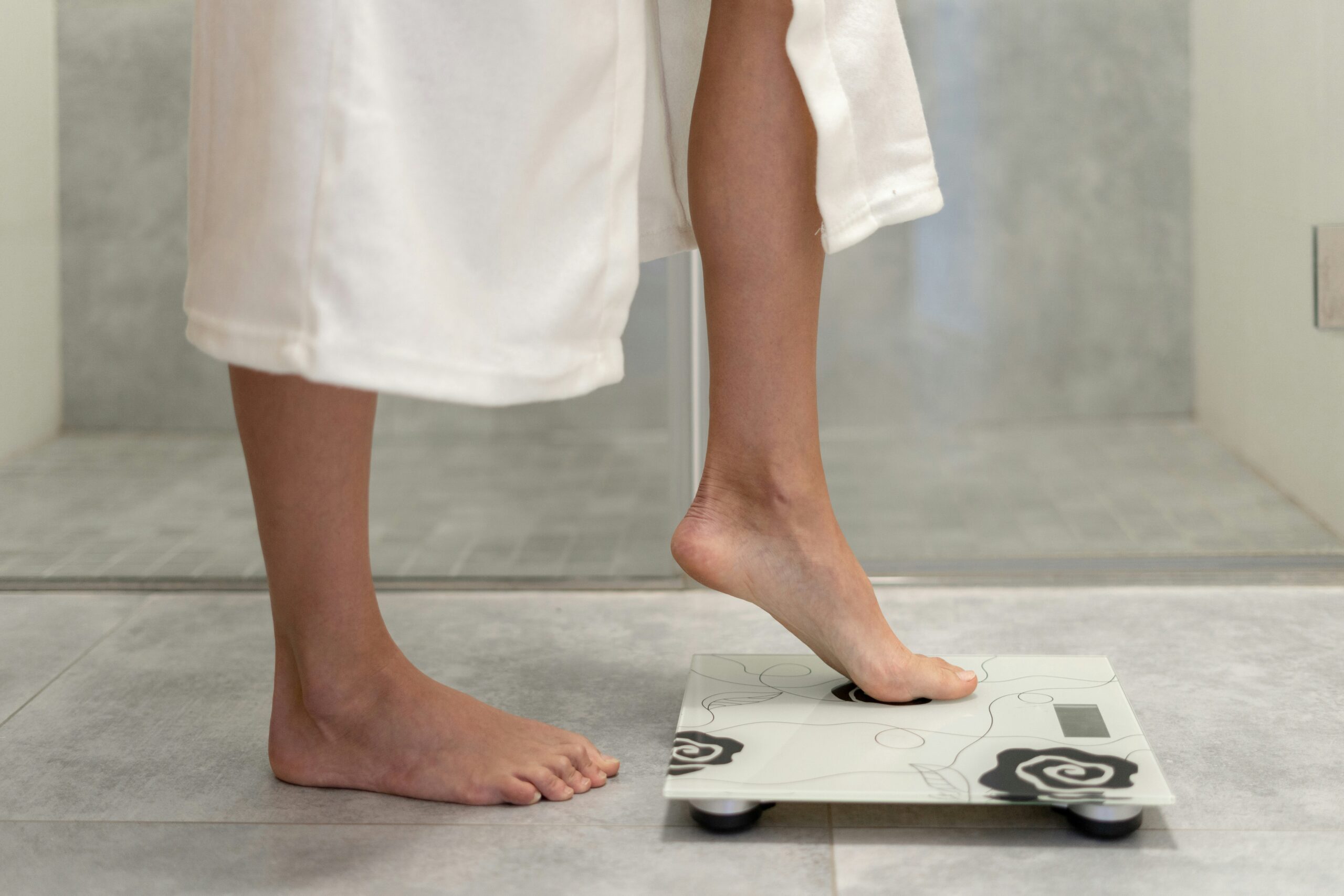You are doing all of the right things. You are regularly exercising and watching what you eat. But you’re still frustrated looking at the scale because none of this hard work shows at all. If this sounds like your struggle, you may have a hormone imbalance that is holding you back from your healthier goals. Fortunately, there are things that you can do about hormone imbalances that can help you on your weight loss journey. This article will help you better understand what a hormone imbalance is and what you can do about it.
Understanding Hormonal Imbalance
Hormones are essential in the body as they control many of the essential functions in the body. This includes the body’s ability to maintain its muscle mass, lose body fat, and experience hunger and stress. This is why it’s harder to lose weight if you have a hormone imbalance. If you want to have optimal success on your weight loss journey, you need to be sure that you stick to a diet and exercise regimen while also ensuring that your hormones are in balance.
There are specific hormones that can negatively impact your weight loss journey. These are the hormones that can hinder your weight loss goals.
Estrogen & Progesterone
These primary female sex hormones can be essential in energy metabolism, eating behaviors, and appetite regulation. When these hormones aren’t in balance, you can not only have struggles losing weight, but you may also suffer from weight gain. It’s normal for the body to go through fluctuations during the natural cycles of the body. For instance, women commonly eat more before their period (the luteal phase) than when they are on their period.
Cortisol
Stress can be a major factor in weight loss struggles. The adrenal glands, located in the kidneys, will release cortisol in response to physical and psychological stress. If you deal with chronic stress, your cortisol levels will come to a point where they are excessively high, leading to various negative symptoms, including increased appetite and changes in insulin levels. This change in insulin levels can also lead to weight gain.
Thyroid
Thyroid issues are notorious for causing issues with weight gain or loss, depending on your specific issues. This is because the thyroid is responsible for regulating your metabolic rate. If you suffer from hypothyroidism (a condition where the body doesn’t produce enough thyroid hormone), you will end up with a significantly slower metabolism, impacting your ability to lose weight. Your diet can cause these issues, but they can also be caused by genetics.
What are the Symptoms of a Hormone Imbalance?
Now that you know about the different hormones responsible for your weight loss issues, you should understand the various symptoms of hormone imbalance to help you determine your next steps.
There are plenty of different symptoms, but this section will take a look at symptoms that both men and women can suffer from if they have a hormone imbalance:
- Weight gain
- Fatigue
- Muscle weakness
- Increased hunger
- Increased thirst
- Constipation or more frequent bowel movements
- Depression
- Pain, stiffness, or swelling in the joints
- Dry skin
- Thinning or brittle hair
- Decreased libido
- Increased or decreased heart rate
- Sweating
- Blurred vision
- Irritability, anxiousness, or nervousness
What You Can Do About It
As you can see, hormones really do play a significant role in your ability to lose weight. Fortunately, there are things that you can do that can help balance the hormones and start seeing more success with your weight loss goals. This section will take a close look at some of the things you can do to fight against hormone imbalance and optimize your weight loss goals.
Improve Your Diet
You may think that you’re doing enough with your diet, but you may not be as careful as you think. If you follow a well-balanced diet that focuses on only eating lean protein, whole grains, fruits/vegetables, and avoiding processed foods, you can improve your weight loss goals and encourage healthy hormone production.
Reduce Exposure to Exogenous Estrogens
Exposure to exogenous estrogens can also impact hormone balance. You can help balance the estrogen in your body by eating kale, broccoli, collard greens, cauliflower, and other cruciferous vegetables.
Regular Physical Activity
Regular physical activity is not only great for burning calories and losing weight, but it’s also highly effective in reducing stress levels. When you are inactive or sedentary, this can increase the estrogen circulating in the body, creating an imbalance that impacts your ability to lose weight.
De-Stress
Stress management is an essential part of your weight loss journey since this will reduce cortisol levels in your system. This means that you can do activities like meditation or yoga, or really anything that can help you de-stress.
Get Plenty of Sleep
Lack of sleep can really impact your overall health, including when it comes to weight loss. When you don’t get enough sleep, you are more likely to have increased cravings and hunger.
See a Doctor
A doctor can be a valuable tool for you when losing weight but not finding any success. If this is the case for you, your doctor will generally perform several tests on you, including ones that will check your hormone levels. You can also check your hormone levels from the comfort of your home using the dried urine test for comprehensive hormones (DUTCH). From there, they can create a plan that can help you be more successful at losing weight and keeping it off.
Conclusion & Getting Your Hormone Levels Tested
Hormone imbalances can wreak havoc on your system, including when it comes to trying to lose weight and get healthier. By going to a doctor or speaking to a qualified hormone specialist like EVOLVE, they can test you for hormonal imbalances to determine which hormones need to be balanced. From there, the doctor can prescribe the right treatment plan to help you bring balance to your body. Then, you can be more successful on your journey of becoming a healthier version of yourself.
Are you ready to get your hormone levels checked and your weight under control? Contact EVOLVE patient care to learn more and schedule your hormone panel test today!






